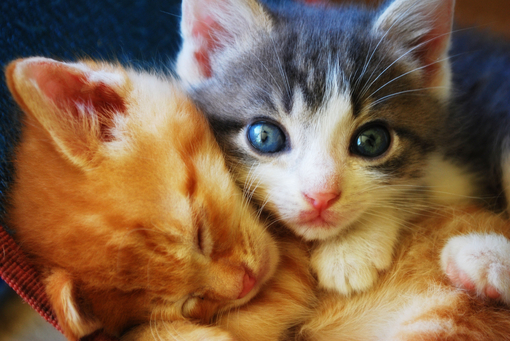The National Sleep Foundation released the results of its annual sleep poll today, where they surveyed more than 1,500 people between ages of 13 and 64.
今天国家睡眠基金会发布了年度睡眠调查报告,调查了1500多人,介于13岁至64岁之间。
 Here are some of the findings: 43 percent of Americans say they rarely or never get a good night’s sleep during the week.
Here are some of the findings: 43 percent of Americans say they rarely or never get a good night’s sleep during the week.
下面是一些结果:在工作日,43%的美国人很少或从来都不能睡好。
Nearly everyone, 95 percent, use electronics (like TV, computer, or cell phone) within the hour just before bed. Researchers caution that the use of such devices are particularly harmful to the sleep-onset process, since the artificial light can suppress release melatonin which is our sleep hormone.
95%的人,几乎是每个人了,在睡觉前的一个小时内使用电子产品(电视,电脑,手机等)。研究人员警告使用电子产品尤其对入睡初期有害。因为人造光线抑制褪黑激素(是我们的睡觉荷尔蒙)的分泌。
More than half of teenagers report consuming and producing text messages every night just before bed compared to only 15 percent of those in their 30s and 5 percent of the baby boomers.
一半以上的青少年(十几岁的)每天晚上睡觉前都收发短信(consuming and producing text messages),而只有15%的30多岁的人和5%的婴儿潮(baby boom)的一代这么做。
And it’s the teenagers who are the sleepiest of all, with baby boomers getting the most sleep. Scientists caution since most teens get two hours less sleep than the recommended 9 hours, maybe an environment with fewer OMGs and ROFLs might encourage a calm wind down before bed.
十几岁的青少年最打瞌睡,而婴儿潮那一代人睡的最香。科学家警告大多数十几岁的青少年只睡7个小时,少于建议的9个小时。或许在睡觉前,少点儿惊讶和欢笑会营造平静的气氛。
重点讲解:
OMG
abbr. 天呐!(=oh my god)
ROFL (Rolling On the Floor Laughing)
滚在地上笑 我哈哈大笑 太可笑了 (因特网聊天俚语)
calm down
平静下来; 镇定下来
before bed
睡前
to encourage a calm wind down
我还不理解
 Here are some of the findings: 43 percent of Americans say they rarely or never get a good night’s sleep during the week.
Here are some of the findings: 43 percent of Americans say they rarely or never get a good night’s sleep during the week.











